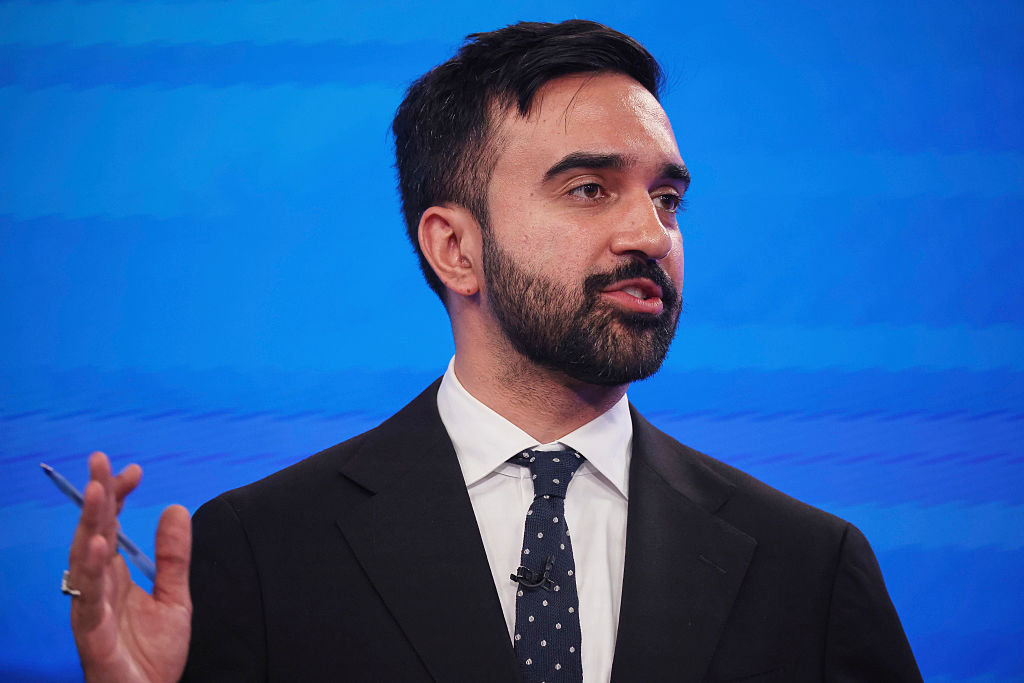OPINION: Questions for Mrs. Clinton
OPINION: Questions For Mrs. Clinton
From The Opinionator at The New York Times:
Senator Hillary Rodham Clinton, President-elect Barack Obama’s nominee for secretary of state, appears today before the Senate Foreign Relations Committee. The Op-Ed page asked 10 experts to pose the questions they would like to hear Senator Clinton answer.
1. United States policy has failed with respect to Israeli-Palestinian peace. The reluctance of any American president to act as an honest broker in the process, rather than as a strong, unquestioning friend of Israel, has contributed to this failure. How do you propose to bring success to the peace process?
2. There is clearly an imbalance of influence and power between the State Department and the Defense Department. An enormous shift of foreign policy influence has also occurred, since the era of Richard Nixon and Henry Kissinger, from the State Department to the National Security Council staff and its head, the national security adviser. How do you propose to bring some of that influence back to the State Department?
— LAWRENCE B. WILKERSON, chief of staff to Secretary of State Colin Powell from 2002 to 2005
1. Does it benefit American security to have more liberal democracies in the world? If so, what steps would you take to advance this trend?
2. Do you believe that NATO enlargement has contributed to American security and moved former Soviet states toward greater democracy and regional cooperation?
— MIKHEIL SAAKASHVILI, the president of Georgia
1. Some say “war on terror” is a misnomer that has led our policy astray. They argue that terrorism is a tactic, not an ideology or a cause, and that a war against it is bound to be ill focused and inconclusive. Do you think we should drop the term “war on terror,” and describe our policy more precisely as a war to defeat Al Qaeda and violent Islamic extremism?
2. In the Middle East, we see a paradox: Countries with pro-American governments like Egypt, Jordan and Saudi Arabia have populations with high levels of anti-American sentiment. Meanwhile in Iran, whose government is hostile to the United States, public opinion of America is more favorable. How do you explain this, and what can we learn from it? Should the United States disentangle itself from autocratic regimes in Saudi Arabia and Egypt?
3. One of the most damaging legacies of the Iraq war is that it has given idealism and internationalism a bad name. How will you persuade the American people, and the world, that the United States can be a force for democracy and freedom?
— MICHAEL SANDEL, a professor of government at Harvard
Click here for the full post.















